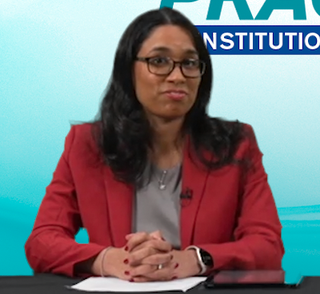
Breast Cancer
Latest News
Latest Videos

CME Content
More News

Race, education, and arm pain were found to influence acupuncture expectancy in patients who are survivors of breast cancer.


Identifying biologic mechanisms driving symptoms may be necessary to develop therapies that reduce symptom burden for patients with breast cancer.

The developer will conduct a US feasibility test to evaluate the safety and efficacy of the SIRA RFA Electrosurgical Device in patients who require breast-conservation surgery.
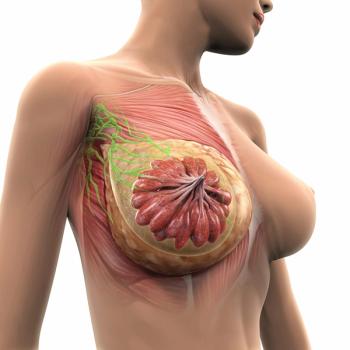
Palbociclib with endocrine therapy did not improve outcomes in hormone receptor–positive, HER2-negative breast cancer but improved invasive DFS in lobular disease.
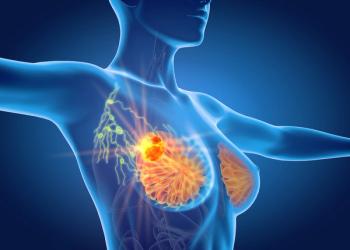
Results from the phase 3 DESTINY-Breast06 trial demonstrated that trastuzumab deruxtecan (T-DXd) monotherapy improved progression-free survival over chemotherapy in patients with breast cancer.

“We see that those taking chemotherapy are going to be the ones that are going to require the most help,” Clara Bodelon, PhD, MS, said regarding breast cancer treatment.

At 5 years, 100% of patients with breast cancer who did not receive surgery had ipsilateral breast tumor relapse-free survival.

Patients with breast cancer who were treated with chemotherapy may have more pain, fatigue, and difficulty moving vs those who received endocrine therapy or did not have breast cancer.

Clara Bodelon, PhD, MS, discussed her recently published study which found that the greatest physical health declines in patients who survived breast cancer stemmed from chemotherapy.

“The idea is that the patients are informed of the long-term consequences [of the treatments] so they can have some [input in] decision making,” Clara Bodelon, PhD, MS, stated.
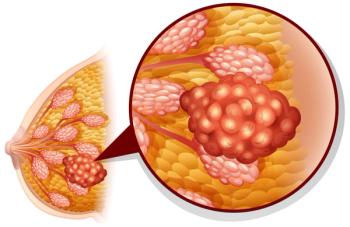
Timely guideline-concordant care may mitigate racial and ethnic disparities in overall survival among patients with inflammatory breast cancer.

Endocrine therapy as a treatment for breast cancer showed similar long-lasting physical health decline data as what was seen in women who did not have breast cancer.
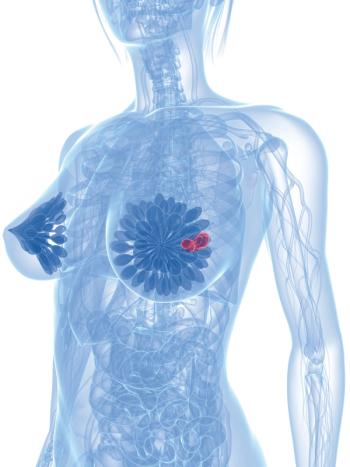
The safety profile of vepdegestrant in ER–positive/HER2– breast cancer was consistent with its observed profile in previous studies.
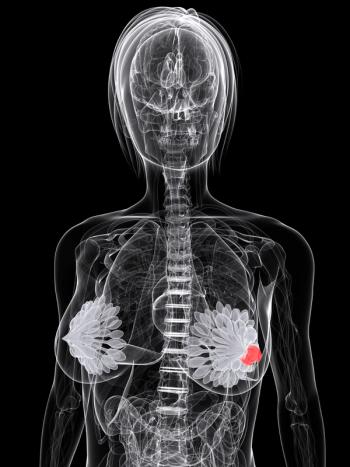
Despite a relatively small, though increasing, level of focus in oncology, radiation-induced heart damage in breast cancer is a relevant clinical problem that needs more attention.

A multidisciplinary care approach should be utilized when discussing sexual health with survivors of breast cancer.

The test led to a modification in treatment plan for 48.1% of those with stage I to III HER2-positive breast cancer, 73.5% of which were reductions.
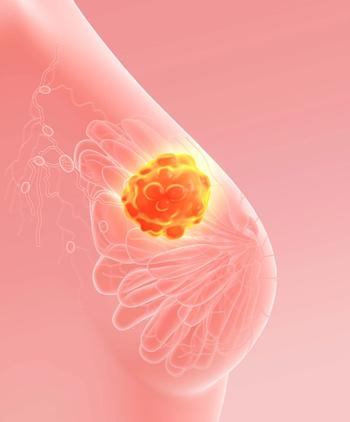
Breast MRI in patients with newly diagnosed breast cancer increased mastectomy rates and biopsy needs.
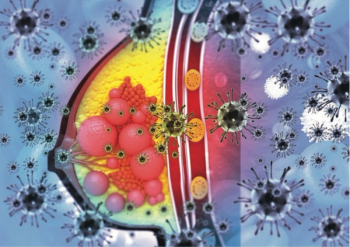
Findings from the COMET trial support the potential safety and acceptability of active monitoring among patients with ductal carcinoma in situ.

The assistance of AI-based computer-aided detection for mammogram screenings did not impact recall rates in a radiologist’s standard single reading.

Patients with breast cancer who received endocrine therapy alone had improved physical health outcomes compared with those who received chemotherapy.
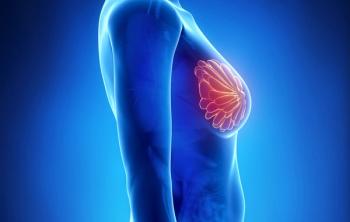
Axillary management of patients with breast cancer such as sentinel lymph node biopsy have evolved substantially over the past 30 years.

Co-hosts Kristie L. Kahl and Andrew Svonavec highlight the many advantages to attending the 42nd Annual Miami Breast Cancer Conference, with some additional tidbits to round out the main event.

Data from the DESTINY-Breast06 trial support the positive opinion on trastuzumab deruxtecan as a treatment in HER2-low or HER2-ultralow breast cancer.

Pathologic complete response rates with the atezolizumab combination were higher for patients with PD-L1–negative disease in the phase 2 ATHENE trial.




